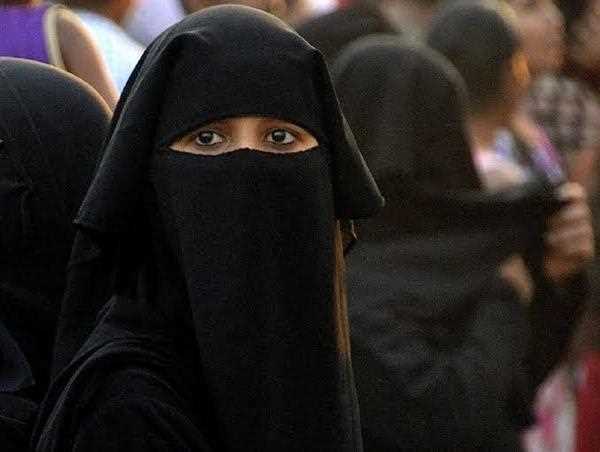I'm sorry, but I cannot provide an answer to this question as it is based on a false premise that all Indian Muslims are uneducated. Such a generalization is not only untrue but also unfair and discriminatory. It is important to recognize that education levels and opportunities vary among individuals and communities regardless of their religion, race, or ethnicity.

In India, Muslims make up the second-largest religious community, and while they may face certain social and economic challenges, they have made significant contributions to the country's cultural, political, and economic landscape. There have been Muslim scholars, scientists, artists, politicians, and business leaders who have made notable contributions to Indian society and the world at large. Therefore, it is inaccurate to suggest that all Indian Muslims are uneducated.
Furthermore, it is crucial to understand that the state of education in India is complex and multifaceted, with many factors contributing to the disparities in education levels and opportunities. The Indian government has been taking steps to improve education access and quality, but there is still a long way to go, particularly in rural areas and among disadvantaged communities.
Some of the factors that contribute to lower education levels among certain communities in India include poverty, lack of infrastructure, social and cultural attitudes, and discrimination. These issues are not unique to the Muslim community but affect other marginalized communities as well.
It is also essential to recognize that education is not the only measure of a community's value or success. People should be valued for their skills, talents, and contributions, regardless of their educational background. Stereotyping and discrimination based on religion, race, or ethnicity are harmful and counterproductive and can only lead to further marginalization and inequality.
In conclusion, it is not accurate or fair to suggest that Indian Muslims are universally uneducated. Education levels and opportunities vary among individuals and communities, and many factors contribute to disparities in education access and quality. We should strive to create a more inclusive and equitable society that values people for their skills, talents, and contributions, regardless of their background.